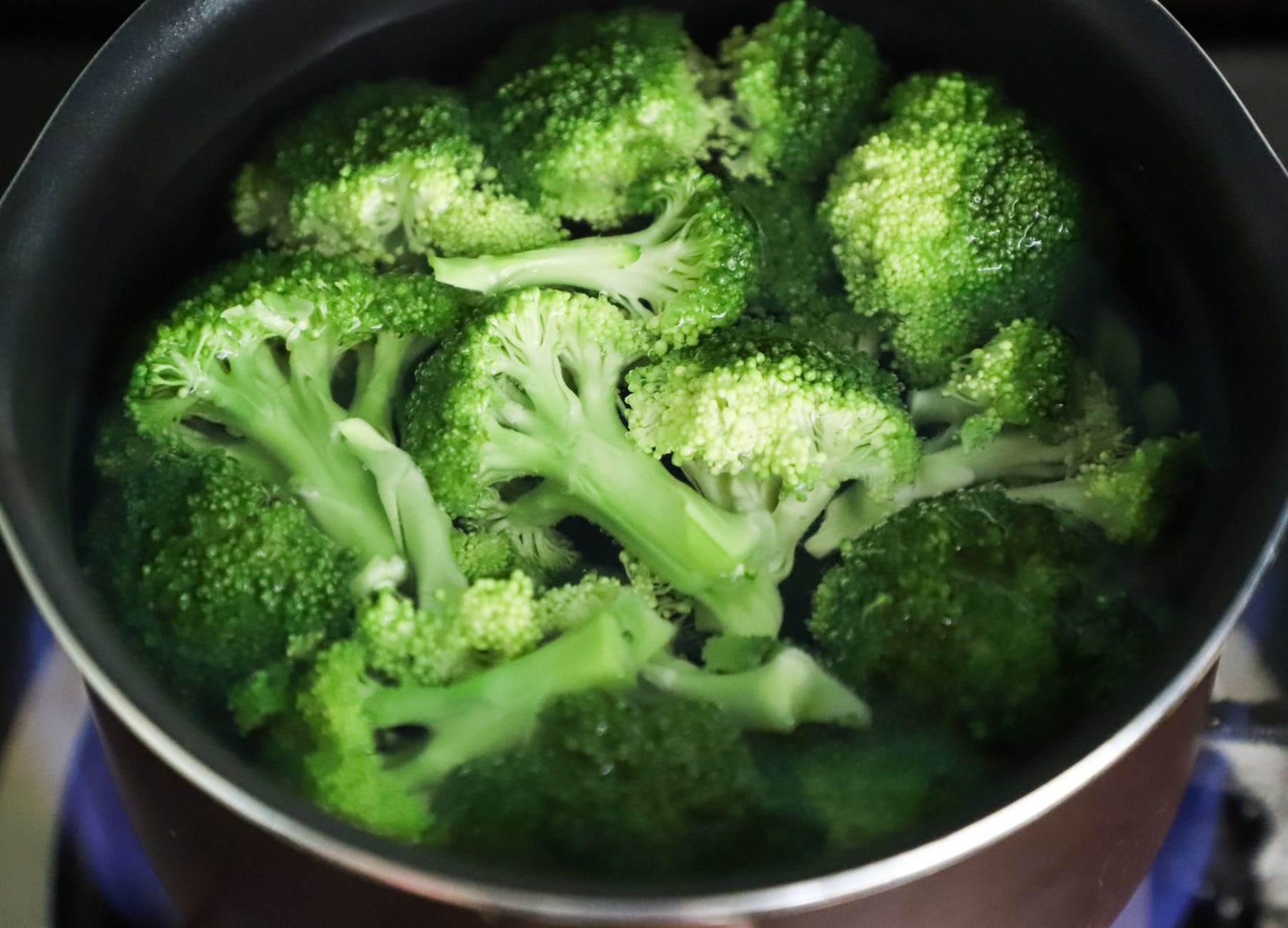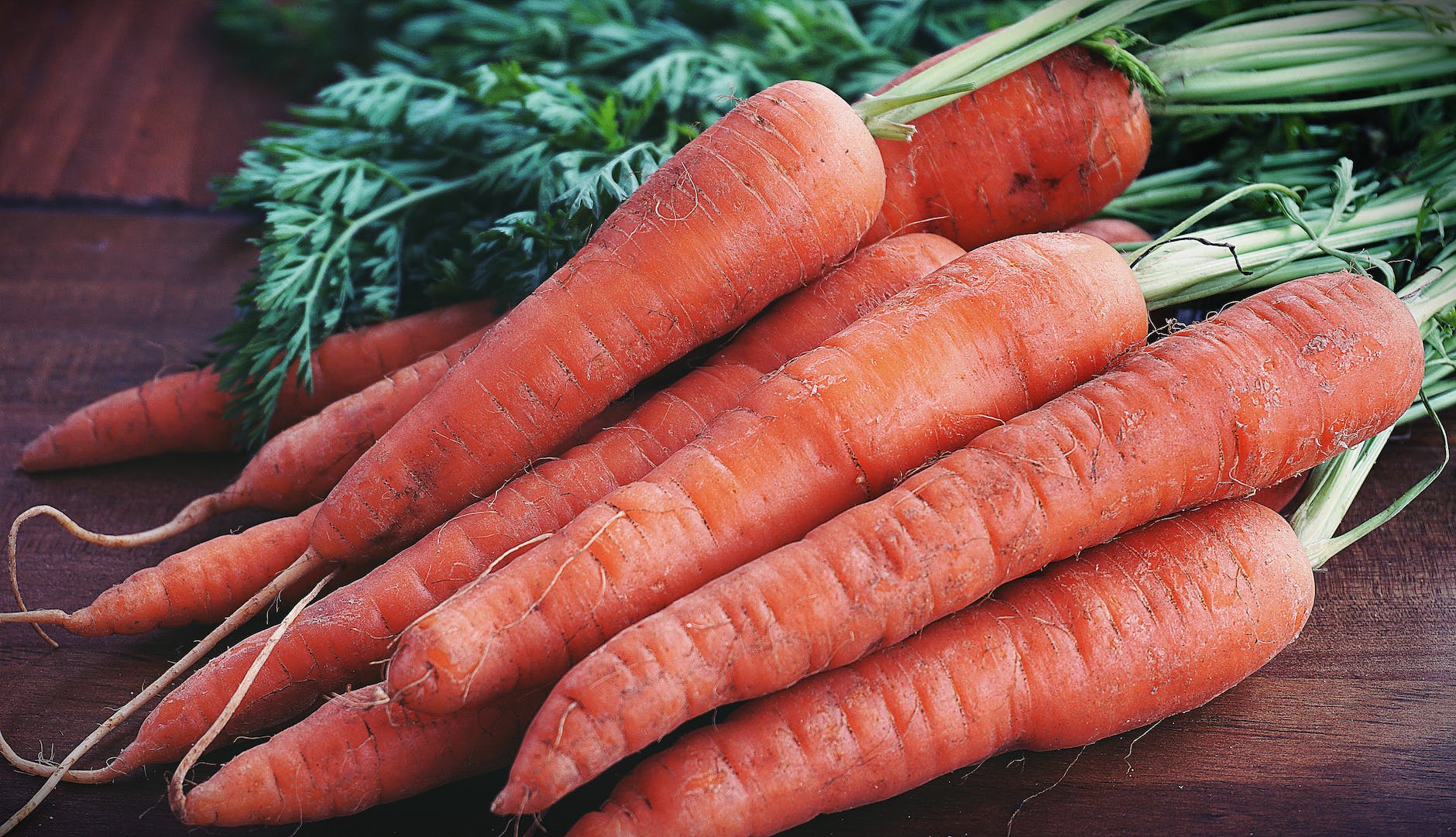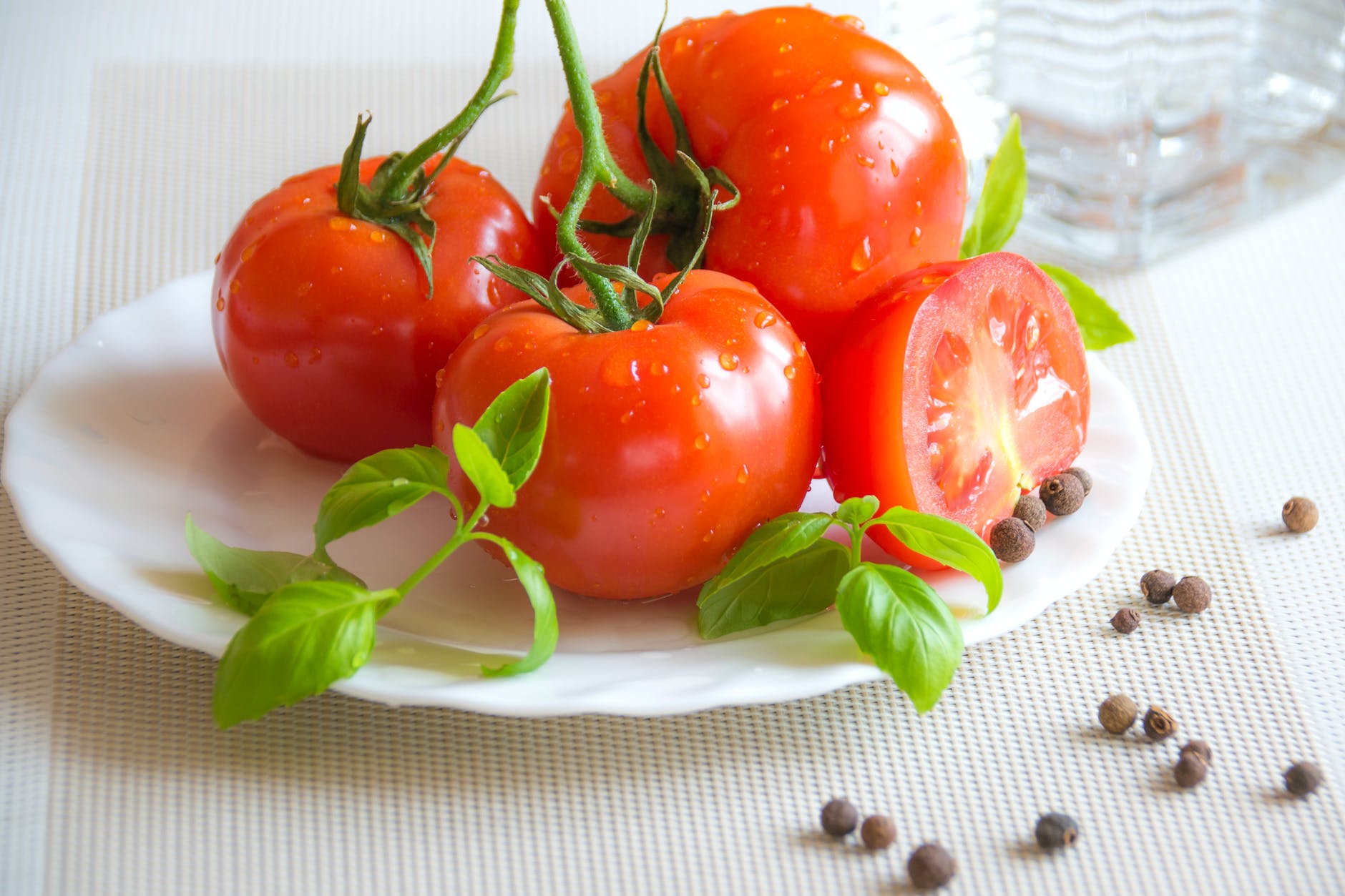
Introduction
Broccoli, a cruciferous vegetable, is a powerhouse of vitamins, minerals, and antioxidants. Originating from Italy, this green vegetable has become a staple in many diets worldwide due to its remarkable health benefits.
Nutritional Profile
Per 100 grams, raw broccoli provides:
- Calories: 34
- Protein: 2.8 grams
- Fat: 0.4 grams
- Carbohydrates: 6.6 grams
- Fiber: 2.6 grams
- Vitamin C: 89.2 mg (149% of the DV)
- Potassium: 316 mg (9% of the DV)
- Vitamin K: 101.6 µg (127% of the DV)
Broccoli Health Benefits
Broccoli is well-known for its health benefits:
- Cancer Prevention: Broccoli contains sulforaphane, a compound studied for its potential cancer-preventive properties.
- Heart Health: The fiber, potassium, and antioxidants in broccoli support heart health.
- Bone Health: Broccoli is a good source of Vitamin K and calcium, both crucial for bone health.
Potential Broccoli Warnings
While broccoli is generally safe for most people to eat, there are a few things to consider:
- Thyroid Function: Like other cruciferous vegetables, broccoli contains goitrogens, which may affect thyroid function in individuals with thyroid dysfunction if consumed in large quantities.
- Gas and Bloating: Broccoli contains raffinose, a type of carbohydrate that some people have trouble digesting, leading to gas and bloating.
Broccoli Weight Loss Benefits
Broccoli can be a beneficial addition to a weight loss diet:
- Low in Calories, High in Fiber: Broccoli is low in calories and high in fiber, making it a satiating food that can help control overall calorie intake.
- Rich in Nutrients: Broccoli is nutrient-dense, providing important vitamins and minerals without adding many calories to your diet.
Five Practical Ways to Incorporate Broccoli into Your Diet for Weight Loss
- Steamed Broccoli: Steaming broccoli maintains the most nutrients. Pair it with lean protein for a balanced meal.
- Broccoli Salad: Combine raw broccoli florets with other vegetables and a light dressing for a nutrient-rich salad.
- Broccoli Stir-Fry: Stir-fry broccoli with other colorful vegetables in a touch of oil for a quick, fiber-rich meal.
- Broccoli Soup: Puree cooked broccoli with some broth and herbs for a comforting, low-calorie soup.
- Roasted Broccoli: Roast broccoli florets in the oven with a drizzle of olive oil and your favorite spices for a tasty side dish.
Conclusion
Broccoli, with its impressive nutrient profile and array of health benefits, is a fantastic vegetable to incorporate into a weight loss diet. It can be prepared in a variety of ways to keep your meals exciting and nutritious.
Up next in our vegetable series, we will dive into the benefits and uses of the vibrant Bell Pepper.













